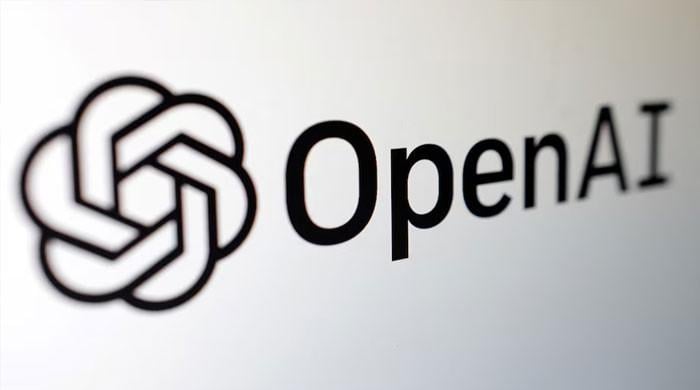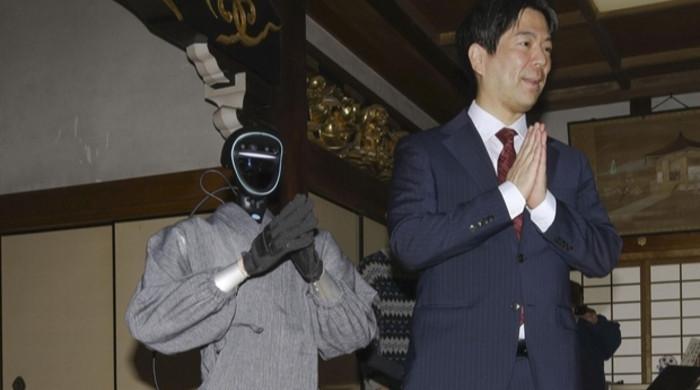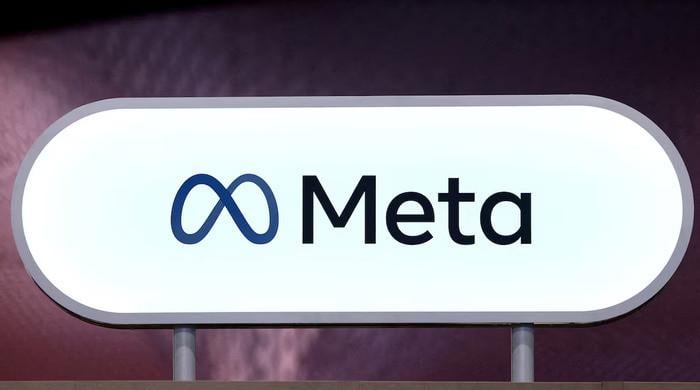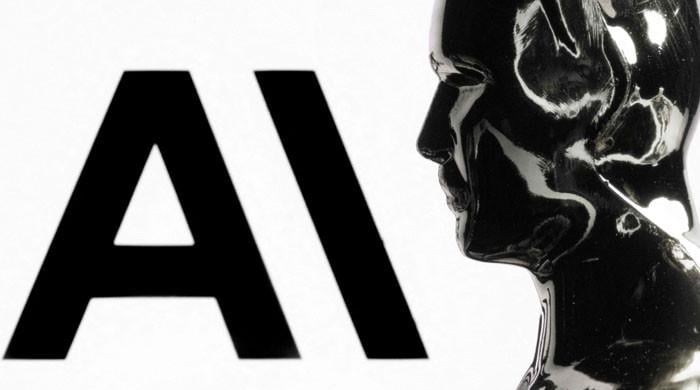Meta's chief scientist declares generative AI obsolete
Meta has adopted a more discreet approach to ChatGPT-style AI for its social media platforms
June 14, 2023
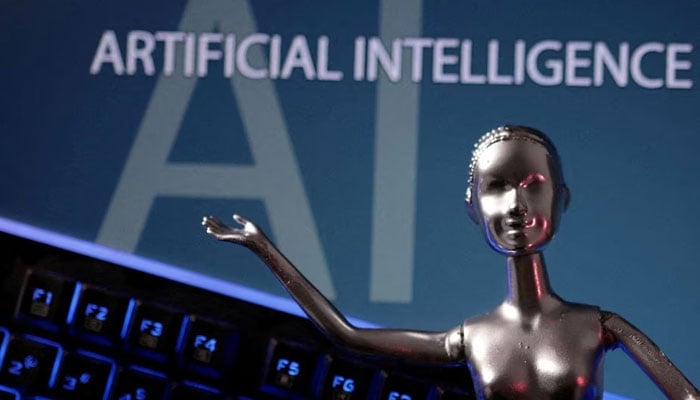
Yann LeCun, the chief scientist for Meta, made a groundbreaking statement at a Meta launch event in Paris, declaring that generative AI, the technology powering ChatGPT, had reached a dead end. Instead, he promised the development of new artificial intelligence models that would exhibit human-like rationality.
LeCun expressed his dissatisfaction with the current state of AI and machine learning, emphasising that while humans possess common sense, machines do not. He presented Meta's latest AI project called the image-based Joint Embedding Predictive Architecture (JEPA). This ambitious endeavour aims to surpass the capabilities of generative AI, enabling machines to conceptualise abstract ideas instead of merely regurgitating existing online information.
According to LeCun, generative models are now a thing of the past, as Meta intends to shift its focus towards joint embedding predictive architecture. He confidently stated, "My prediction is that in a few years, generative large language models will not be used anymore; we will have a better thing to replace them." LeCun, known for his expertise in AI, has been critical of the hype surrounding generative AI models like ChatGPT and the image-based Dall-E since their launch last year.
LeCun believes that the fears and excitement surrounding generative AI have created an exaggerated perception of its capabilities. Meta's CEO, Mark Zuckerberg, took to Facebook to announce that the JEPA tool would be open source, allowing researchers to experiment with it. The goal is to develop AI that closely aligns with human understanding of the world. Zuckerberg stated, "We need models that perceive the world and make predictions. This research is another step in that direction."
In contrast to its competitors, Meta has adopted a more discreet approach to ChatGPT-style AI for its social media platforms, Facebook and Instagram. While Meta has incorporated generative AI into its products, it has done so with less publicity compared to companies like Microsoft or Google. Concurrently, Meta has released open-source AI models that require less computing power than the technology behind ChatGPT.
LeCun's proclamation marks a significant shift in the AI landscape, with Meta spearheading the development of new AI models that strive to replicate human rationality. The JEPA project represents an innovative step towards enhancing machine intelligence beyond the limitations of generative AI.





